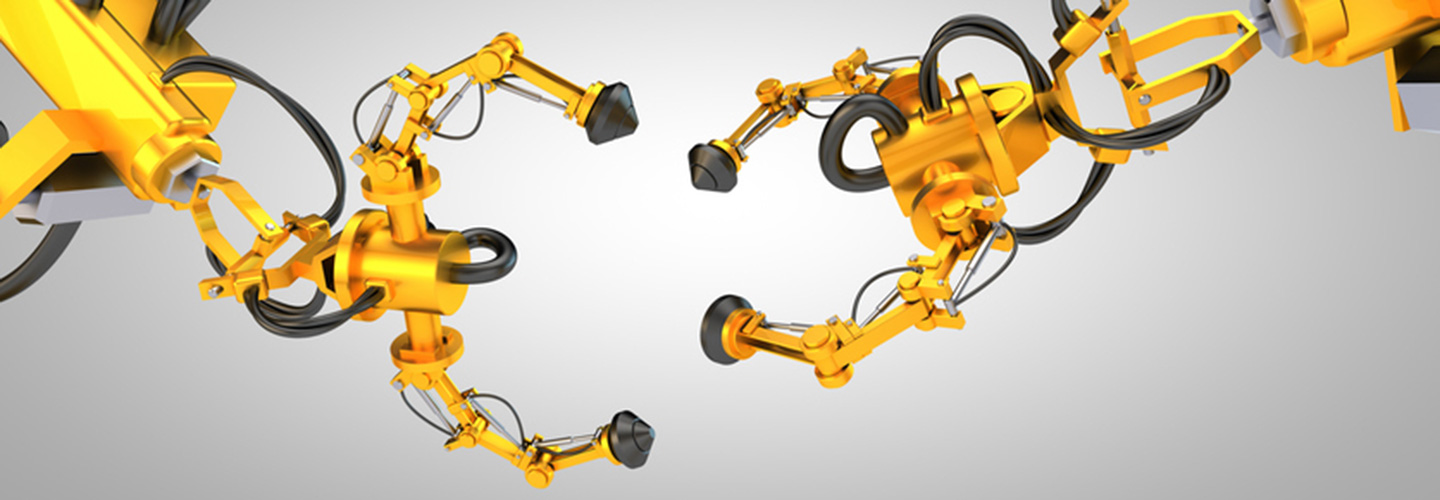Polyurethane Process Automation Products
From rollers and bumpers to assembly systems and material handling, urethane is a sought-after material in a variety of automated systems. It far surpasses the performance of rubber and steel in many automated processes. Discover the advantages of cast urethane products in automated systems, as well as the benefits of replacing OEM parts and pieces with urethane parts.
Advantages of Using Urethane For Process Automation
Lower Maintenance Costs
Because urethane has better abrasion and tear resistance than rubbers and superior impact resistance, you can expect urethane parts to outperform their weaker counterparts. The longer a part lasts and the better it performs throughout its lifetime, the more efficient an automated process can run.
Reduced Downtime
Limiting downtime due to routine maintenance and unscheduled repair is essential for avoiding any loss of revenue. The qualities that set urethane apart from other materials, like its high-load carrying capability, dielectric strength, and oil/solvent resistance, help manufacturers reduce equipment downtime and cycle time limitations.
Longer Wear
Urethane is strong. How strong? When severe abrasion is a factor, urethane has been known to outwear other materials by a factor of five-to-one. When exposed to ozone and oxygen, as most materials are in automated processes, urethane won’t crack or harden.
Greater Noise Dampening
Using urethane parts in automated processes can help create a safer and more enjoyable work environment. Urethane is sound dampening and helps prevent the transfer of noise, vibration, and movement between machine parts. With urethane parts, many automated processes can run smoother, longer, and quieter!
Lower Tooling Costs
Urethane products tend to have lower tooling costs than rubber and plastics, making urethane an economical solution for prototypes and low-volume production.
Greater Chemical Resistance
PSI’s urethanes are resistant to a wider range of chemicals and substances than many rubbers and plastics. They are often more suitable for applications that come in contact with specific solvents, oils, and chemicals. For process automation systems used in oil refineries, manufacturing facilities, paper and pulp factories, and even the food and beverage industry, this quality is extremely important.
Better Results
Using urethane products in your automated processes leads to better results, all around. Urethane is non-marking, can be bonded to metal, wood, and most plastics, and can be manufactured to meet FDA specifications, if needed.
Why Replace OEM Parts With Urethane Parts?
As a factory owner, manager, or technician, you want your equipment to achieve the highest output at the lowest production cost possible. Relying on Original Equipment Manufacturer (OEM) parts made from metal, rubber, or plastic can put unnecessary constraints on your equipment. PSI’s specialists and engineers can help you maximize output and decrease downtime with high-quality urethane products and services for your prototype. Learn more about creating your original equipment.
Your Automated Processes Deserve The Best From PSI Urethanes
Whether you’re in aerospace, construction, manufacturing, printing, or packaging, you likely have an automated system that could be improved. Call PSI Urethanes today at (800) 888-5156 to speak with a representative about your automated systems. Our technicians are experienced in urethane process automation and can help prototype, design, and deliver a urethane solution to meet your needs and make your processes more cost-effective. Or, tell us about your project and request a quote online, any time.
Ask Our Experts.
Contact us today to learn how we can meet your project’s requirements.

